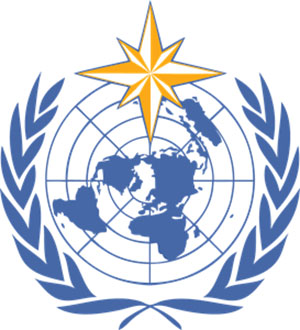
The assembled group of officials, drawn from the Development Bank of Jamaica, (DBJ) and the Caribbean Com-munity Climate Change Centre (CCCCC) met for the purpose of further formalizing the existing partnership in the hope that acting together will result in a more formidable force. The rededication to the pre-existing partnership is a reflection of the continual awareness on the parts of critical regional organizations of the existential threat which climate change poses to the Caribbean as a whole and of the need for countries and critical non-governmental organizations to continue to reflect that awareness and to demonstrate their preparedness to effect interventions to mitigate that threat.
The specific mission of the exercise, according to Caribbean News Weekly, was to sign on to a Memorandum of Understanding (MOU) that would formalize the strengthening of the existing partnership between the entities to continue to be mindful of the threat of climate change in the region and to act together to help mitigate its effects. The specific mission of the signing ceremony, according to information emanating from the event, was to “bolster collaboration and address the pressing challenges related to accessing and mobilizing climate finance for CARICOM Member States.”
A recent prognosis on climate change in the Caribbean, proffered by the World Meteorological Organization (WMO), speaks to the likelihood of “extreme weather and climate change impacts including mega drought, extreme rainfall, land and marine heat waves and glacier meltdowns some of which are already affecting parts of the hemisphere from the Amazon to the Andes and from the Pacific and Atlantic Ocean waters to the snowy depths of Patagonia.” These phenomena, the WMO says, points to the likely far-reaching repercussions for ecosystems, food and water security, human health and poverty in the hemisphere.
Under the terms of the Agreement, the CCCCC will function in a technical role in the implementation of readiness projects. This responsibility, according to the media report, “encompasses the development of concept notes for various projects aimed at bolstering climate resilience and sustainability within the region” while the DBJ “will serve as the delivery partner and accredited entity, particularly focusing on projects that necessitate concessional financing,” the media report says. At the recent 46th Regular Meeting of the Conference of Heads of Government of CARICOM held in Georgetown, Guyana’s President Irfaan Ali announced that Guyana would be contributing US$2 million towards the Regional Adaption Fund, an income stream designed to finance concrete adaptation.






